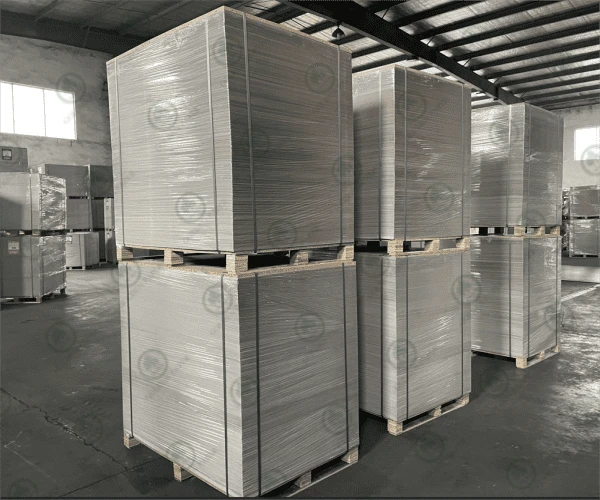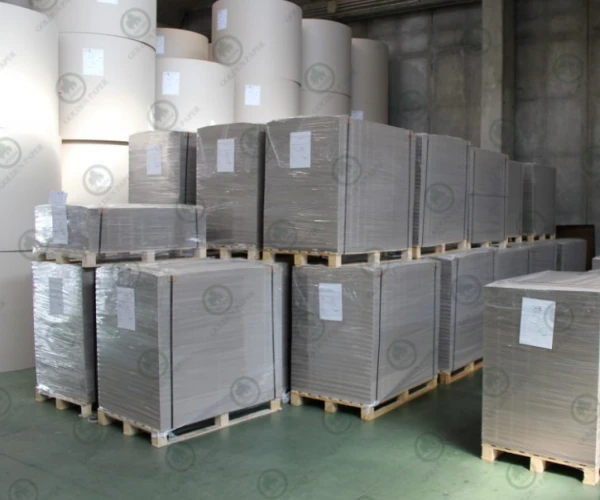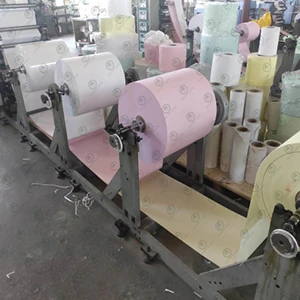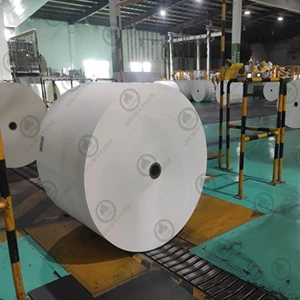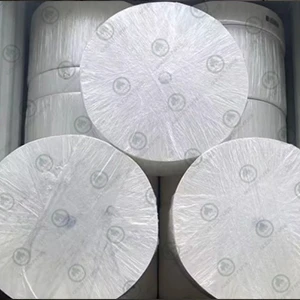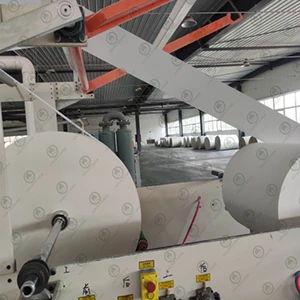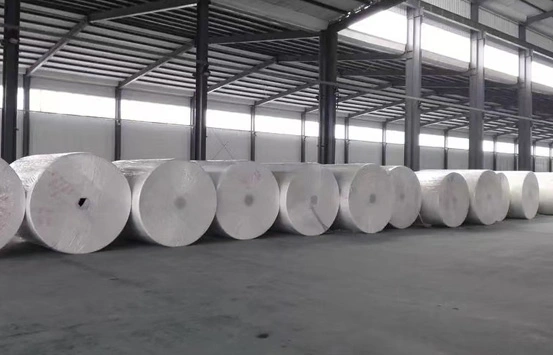New Zealand's wholesale electricity prices have doubled in the past three weeks, reaching more than $900 per megawatt-hour on Wednesday. Households have been warned that electricity bills will rise sharply as hydro lake reserves are far below normal levels for the same period. The rise in electricity prices has hit several large companies, some of which are at risk of bankruptcy, and one company's electricity bill has even risen by 600%.
The Pan Pac mill in Hawke's Bay has stopped all pulp production because high electricity costs make it more cost-effective to stop production than to produce at a loss.
Tony Clifford, managing director of Pan Pac, said it was unclear when the mill in northern Napier would be able to resume production, which brought great uncertainty to the entire supply chain. He pointed out that the closure of the mill will cause economic losses to surrounding communities, workers, companies in the supply chain, transport operators and the Port of Napier. Pan Pac purchases wood chips from sawmills across New Zealand and buys manufacturing raw materials such as chemicals domestically. "If we don't make pulp, we don't have to buy wood chips, which will lead to downtime and fixed costs for sawmills, and trucking companies and local ports will lose business."
Pan Pac's main competitor, Winston International Pulp, has also closed its pulp mill due to rising electricity prices. This is a large enterprise based in Ruapehu and has also been forced to implement a two-week "operation suspension" at all mills. The Karioi pulp mill and Tangiwai sawmill, located between Ohakune and Waiouru on State Highway 49, employ nearly 300 people. Both mills are operated by Winston International Pulp.
Winston International Pulp CEO Mike Ryan said the surge in energy prices was the main reason for the suspension. “Energy prices have increased by more than 600% since September 2021 – from $100 per megawatt-hour to a futures price expected to exceed $700 in August. Despite the team’s best efforts to control costs, energy costs as a percentage of total production costs have increased from 15% to more than 40%. We are unable to pass these cost increases on to our customers because the prices of the products we sell are affected by global markets and are beyond our control.”
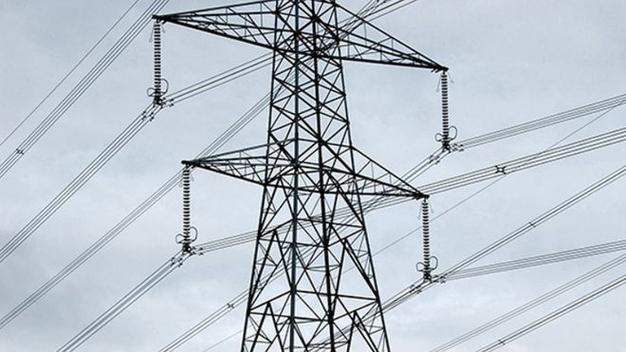
 GOLDEN PAPER
GOLDEN PAPER
 EN
EN
 fr
fr  de
de  es
es  it
it  ru
ru  pt
pt  ar
ar  vi
vi  tr
tr  id
id 

